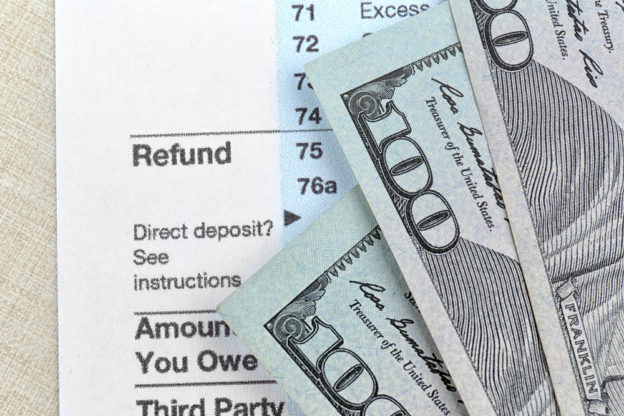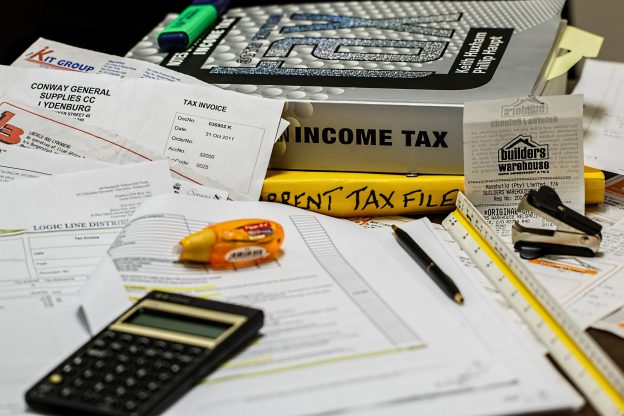 It’s a new year, and that means it’s tax season once again.
It’s a new year, and that means it’s tax season once again.
Between now and the magic date of April 15, millions of Americans undergo the annual ritual of gathering documents, saving receipts, filling out forms, navigating the ever-changing rules and, hopefully, ending up with a refund.
If this adventure leaves you scrambling for help, you’re not alone. According to IRS figures, over half of all taxpayers in 2014 paid someone to do their returns, while another one-third used tax software.
Unless your taxes are quite simple or you have great numerical and research skills, the tax code is simply too complicated to tackle once per year. This has led to the growth of a massive tax-preparation industry over the past six decades, since the IRS stopped preparing returns for free in the mid-1950s.
Where To Start
This is a major purchase with long-term consequences. Start by asking around. Work is a good place to start, since many of your co-workers may have similar tax situations.
The Yellow Pages has an entire section filled with practitioners that compete for your business. Interviewing a few of them will give you an idea of their competence, fees and service level.
Several national tax preparation companies serve millions of taxpayers, including H&R Block, Jackson Hewitt, Liberty Tax and others. These companies hire mostly seasonal preparers and train them every year on the latest rules and software. All have both new and experienced preparers to choose from. When contacting them, look for a preparer with the experience that fits your situation.
Accounting and CPA firms are often open year-round and may provide a range of services, including payroll, bookkeeping, auditing and more. Taxes may or may not be one of their specialties, so prospective clients should ask specifically about their tax practice.
Higher Level Help
Several professional designations are used in the tax industry.
An Enrolled Agent is most desirable. This is a person who has passed a difficult exam and is qualified to practice before the IRS.
A Tax Attorney is a licensed, practicing attorney specializing in tax law.
These two professionals may represent taxpayers with the IRS in case of an audit. They are best hired for handling unusual or complex tax situations and are not typically needed for everyday tax returns.
What To Expect
Any competent tax preparer will ask about your personal situation, including marital status, dependents, work, school, home ownership and many other factors covered in the tax code.
Since this is sensitive personal information, taxpayers should look for a preparer with whom they feel confident and have rapport.
Many tax preparers and offices are available only from January through April. A reputable preparer offers tax help throughout the year, either personally or through their firm.
Do Your Homework
Like other occasional purchases, we choose tax services to take care of an essential need in our life.
It is critical to understand that no matter who prepares the return, the taxpayer is ultimately responsible for the results.
Look carefully, ask questions and pick the professional that best fits your needs.
Photo: John Morgan / CC 2.0



 Here is my second stock photo attempt, just in time for tax season. This one didn’t require any expensive props either but I did have to use my son’s glue stick to hold the sheets together. Feel free to use this image, just link to www.SeniorLiving.Org
Here is my second stock photo attempt, just in time for tax season. This one didn’t require any expensive props either but I did have to use my son’s glue stick to hold the sheets together. Feel free to use this image, just link to www.SeniorLiving.Org


